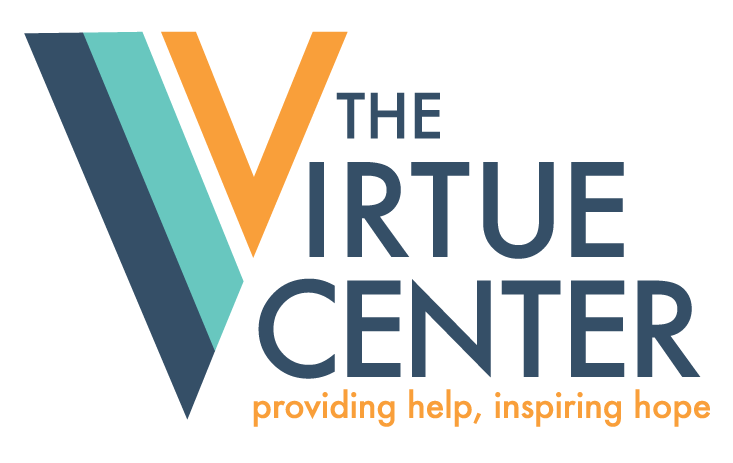When Hope Hurts
Like many of my clients, I suffer from a cognitive distortion called polarized thinking. “My day was amazing, or it was awful”, “I’m perfect, or I’m a failure”. All or nothing. It’s a survival skill. Growing up, it was very important for me to decide very quickly if today was a good day or a bad day. Was she drunk or sober? Were things okay or were they not? I couldn’t afford vague “maybes”.
That thinking colored the way I thought about mom’s recovery for a long time. I could only see two possible final outcomes: 1.) my birthday cake wishes came true and she was suddenly cured one day, guaranteed to never drink again, or 2.) she died of her disease. All or nothing. Given only those two options, my childhood self was forced to muster up hope for Option #1, no matter how highly unlikely. I simply could not accept option #2.
There’s a psychological principle called learned helplessness, demonstrated by an experiment with a dog and an electric grate (before that type of thing, thankfully, became illegal). In the experiment, a dog is placed on an electric grate and administered a mild but painful shock. The shock hurts, so the dog, of course, steps off the grate to distance himself from the pain.
In part two, the experiment is repeated, but with a twist: the dog is now bound by a leash and cannot step off the grate when the shock comes. He tries to the first few times but learns quickly that he is stuck and attempting to escape is a waste of precious energy. He lays down and just takes the shocks.
Part three: take the dog off the leash. You would expect him to eagerly jump right of the grate free at last, right? No: he stays laying down. It takes several shocks before he even attempts to move off the grate again, to unlearn the belief that he can do nothing to stop his pain.
Hope is essential for change. But sometimes, hope hurts. The pendulum swing between “my mom is cured” and “my mom is going to die” gave me such whiplash. Sometimes it’s less painful to just save our energy and lay down than to continue to receive the crushing realization of powerlessness over and over again.
As everyone in recovery knows, “expectations are planned resentments”. Hope, as I had come to conceptualize it, had become nothing more than an expectation, a planned resentment, even a ransom. Either my expectation is met, or I’m done having hope, and lay down on my grate in resentment and defiance.
When I was maybe 19 years old, my mom finished a treatment program and family was invited to attend for the last night, a combo family education and graduation ceremony of sorts. One of the treatment providers was chatting with me and asked casually how I was feeling. I shared how excited and hopeful I was for the future, but also included how many times I’d felt this same way only to be gutted again in a few months. She knowingly nodded and unknowingly summed up the cognitive dissonance I’d felt my whole life: “You’re feeling cautiously optimistic”.
That phrase changed everything for me. For the first time, I could have both. I could have hope that the future might be different AND know that it might not. That freed me from my all-or-nothing ultimatum on my mom’s recovery. Instead of waiting for her to be suddenly cured or suddenly killed, I could start to prepare myself for the much more likely grey area: she will live with this disease for the rest of her life. Sometimes she will be sober, maybe even for a very long time, as many people in successful recovery are. But she will never be cured. Never able to say with absolute certainty that she will never drink again. Relapse will always be possible. The disease is progressive, which means each relapse will be worse than the one before it. Maybe one of them will kill her one day. Or maybe her last drink really was her last drink. Maybe.
That might not sound very hopeful. But to me it is. Embracing this grey-area reality doesn’t mean I “gave up hope”- I simply redefined what acceptable outcomes were. I can’t control whether she lives or dies, no matter how much hope I have or don’t have. I never could. There was no hope in the all-or-nothing, only a carousel of desperation, dread, disappointment, resentment, repeat. I couldn’t afford “maybes” as a kid, but today, “maybe” is the only thing that makes that grey area exist, and that grey area is the only thing that keeps me off the carousel.
